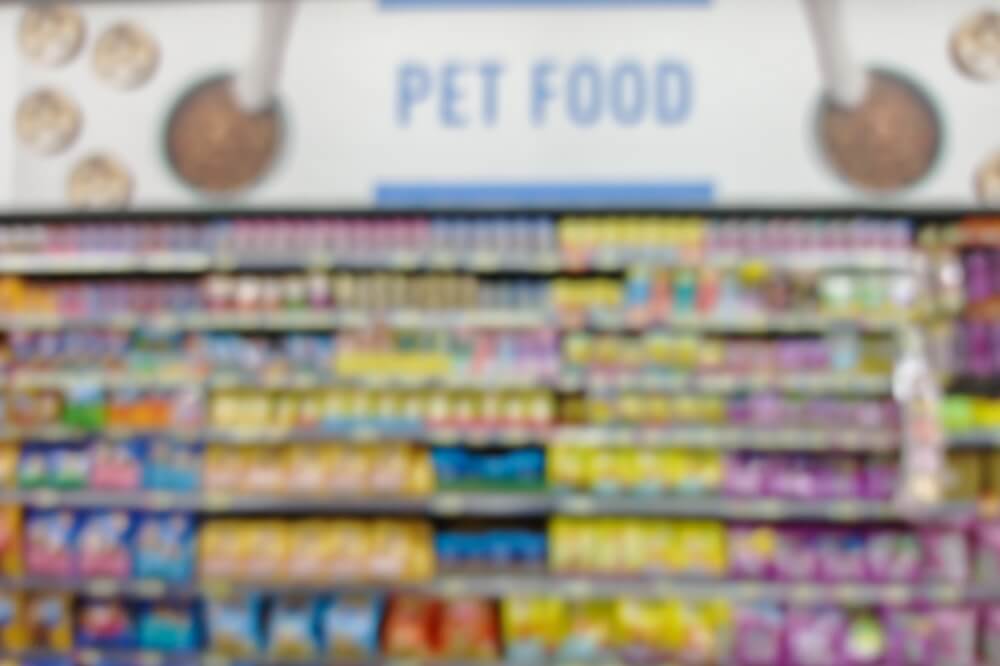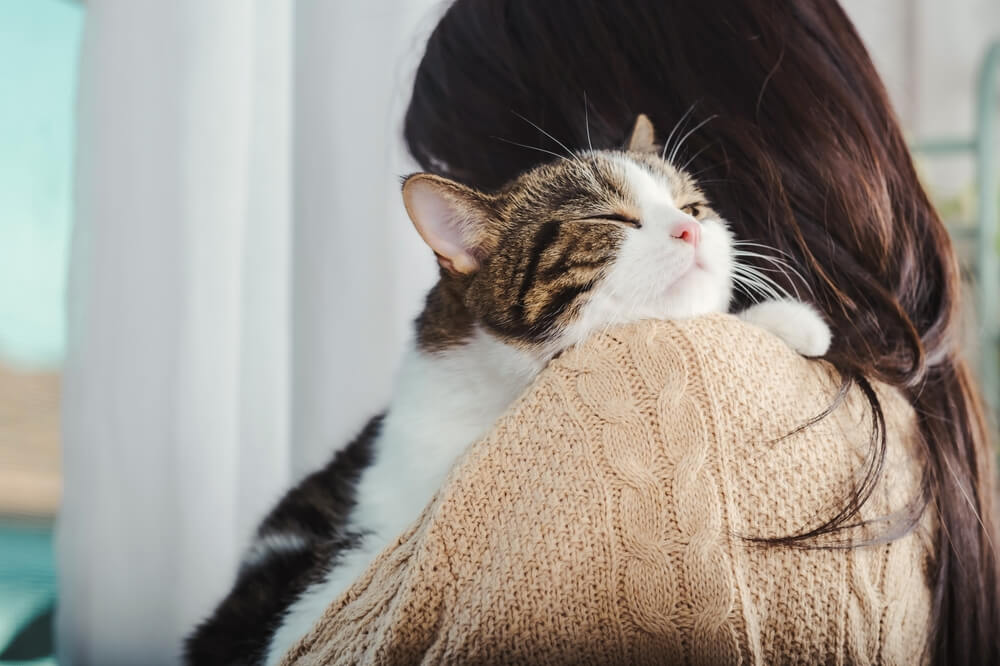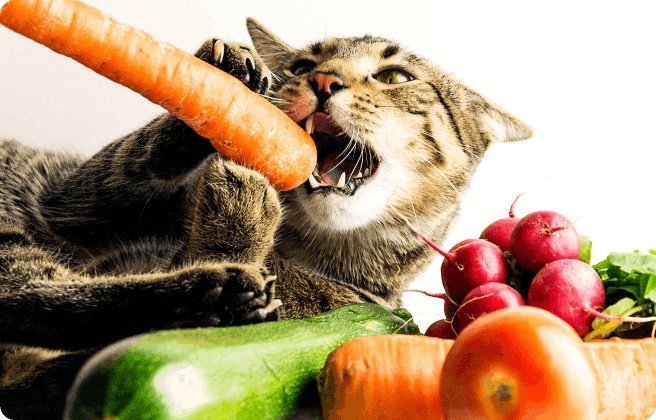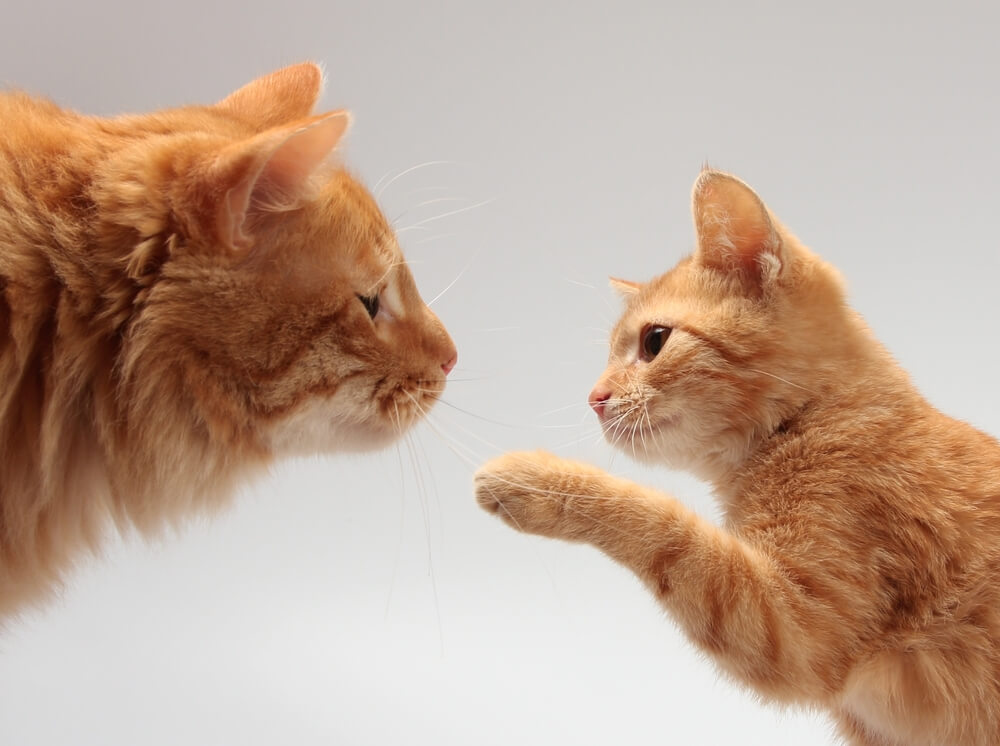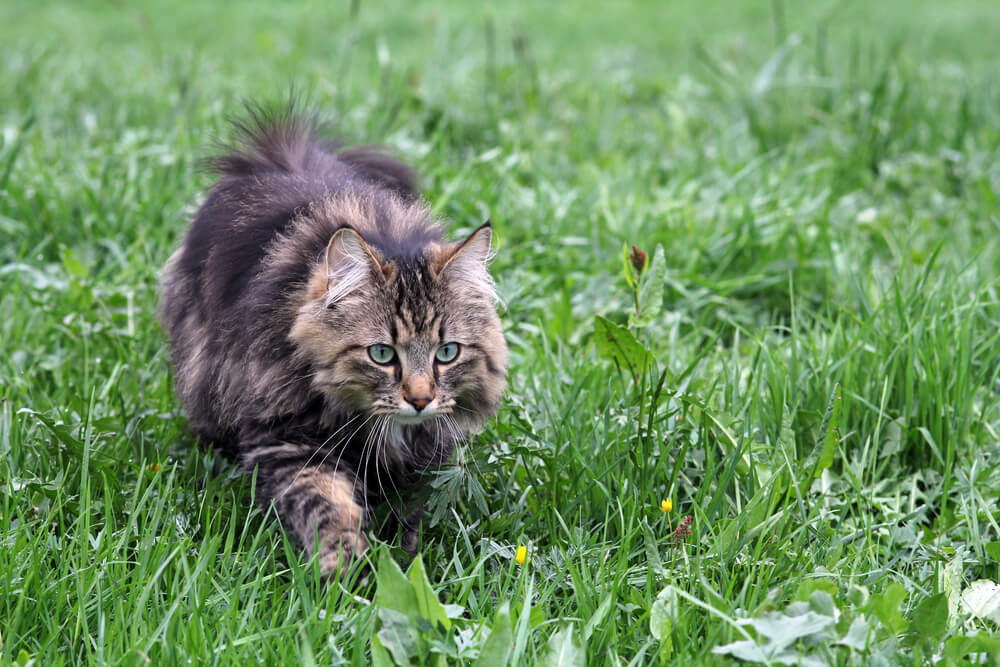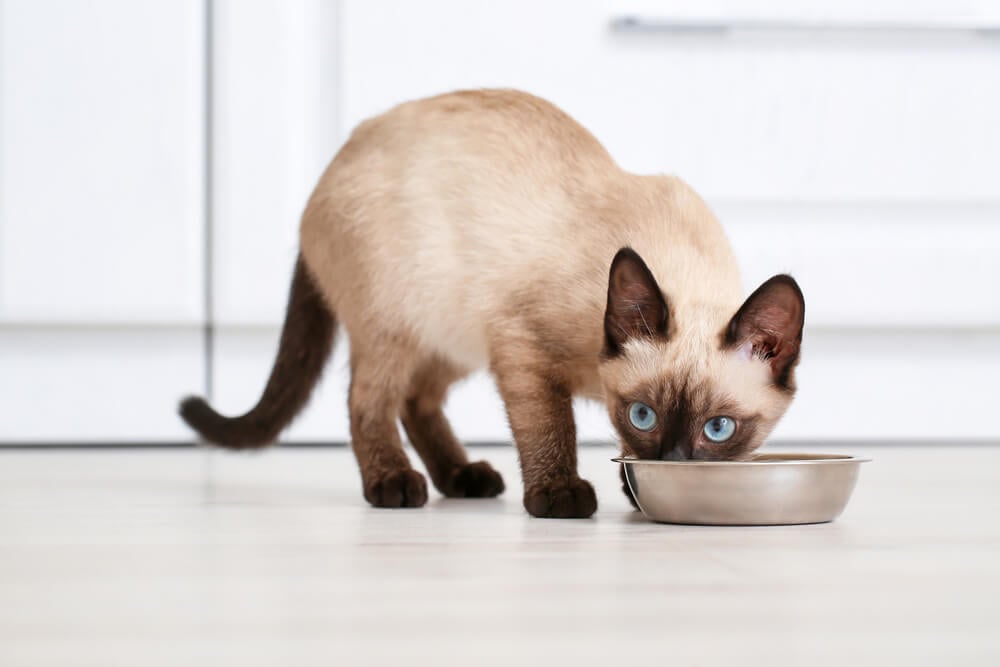
Let’s dig deep into the topic of amino acids. Amino acids are essential for cats — they’re the building blocks for protein, and cats require 11 essential amino acids from their diet for their health and well-being. Included within this list of essential amino acids for cats is taurine (the others, if you’re interested, are arginine, methionine, histidine, phenylalanine, isoleucine, threonine, leucine, tryptophan, lysine, and valine).
Cats can only make a small amount of taurine themselves, so require additional input from their diet. If they don’t consume enough taurine, they can become deficient, which can lead to some serious health complications. These health issues can include:
Central retinal degeneration (CRD)
Taurine is essential for the structure of the rods and cones and tissue of the eye. Without adequate taurine, these structures can begin to degrade, causing permanent loss of vision. If the issue is picked up in time, taurine supplementation can help stop the damage. However, it cannot reverse the damage that has already been done.
Dilated cardiomyopathy
Taurine deficiency has also been linked to the muscles within the heart. A lack of this amino acid can cause problems regarding the contraction of the heart muscles, which can eventually lead to heart failure. If it’s caught early enough, the condition can be reversed following taurine supplementation.
Other health issues that have been linked to a lack of taurine include reproduction problems, digestive issues and limited growth of kittens.
How do cats get taurine in their diet?
You’ll be relieved to know that cat food that contains high-quality animal-based protein will contain adequate amounts of taurine for your cat. Cat food manufacturers also supplement pet food taurine levels to meet certain standards.
The Association of American Feed Control Officials (AAFCO) recommends dry cat food should contain at least 1g/kg or taurine, and at least 2g/kg in wet food.
Times when cats become deficient in taurine can include when they’re fed a vegetarian or vegan diet, when they’re fed a home-cooked diet or when they are fed dog food, as taurine levels are lower in dog food than cat food. If this is the case, taurine supplementation will be required.
We uphold the highest editorial standards when creating the authoritative content pet parents rely on and trust.
Every piece of clinical content on the Cat Food Advisor is reviewed by our certified Veterinary Advisory Board, which consists of licensed veterinarians and medically certified specialists.
Our reviews are completely independent; we are not paid by any pet food company to promote their products favorably. We do not accept money, gifts, samples or other incentives in exchange for special consideration. For more information see our Disclaimer & Disclosure page.




